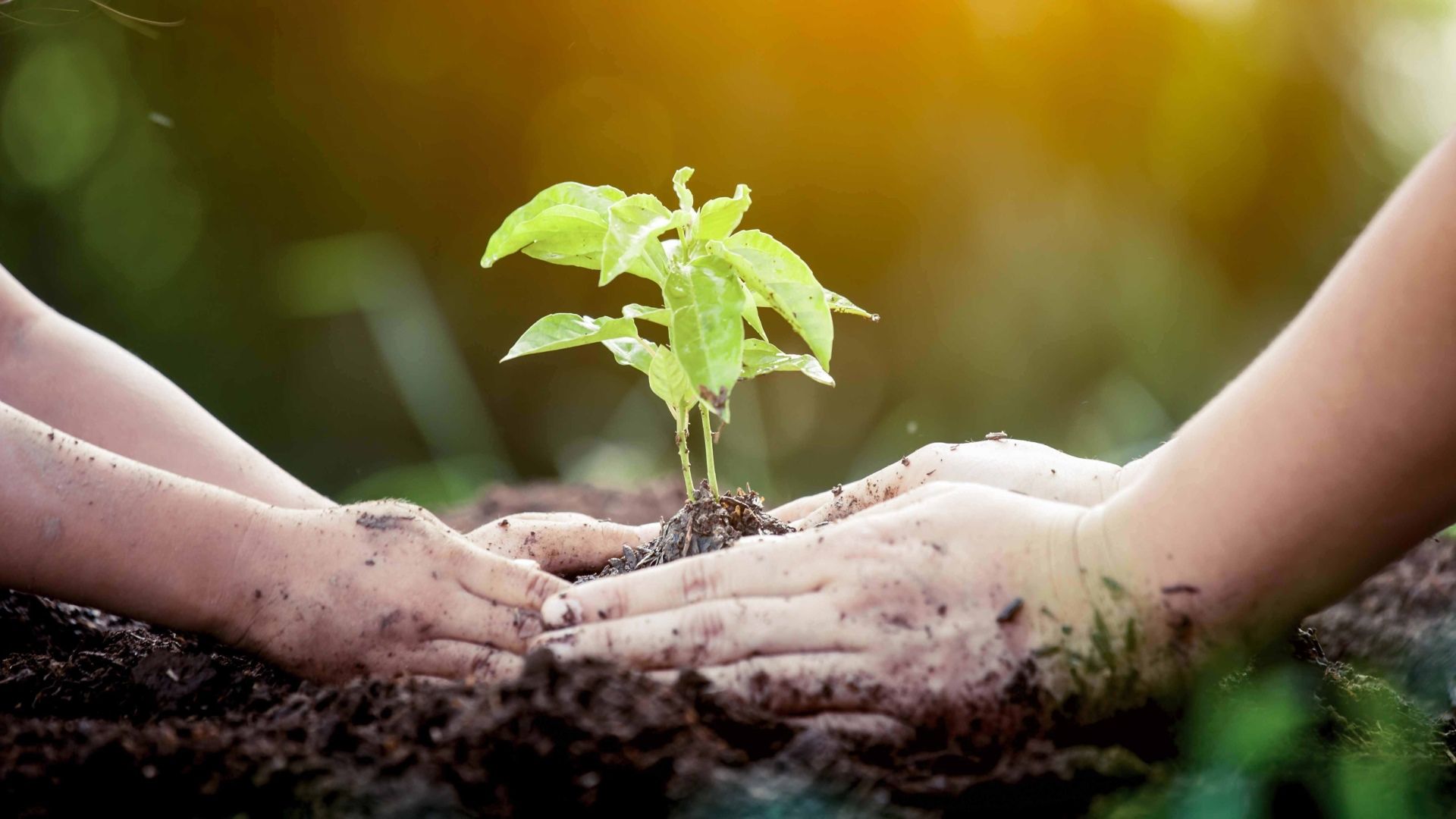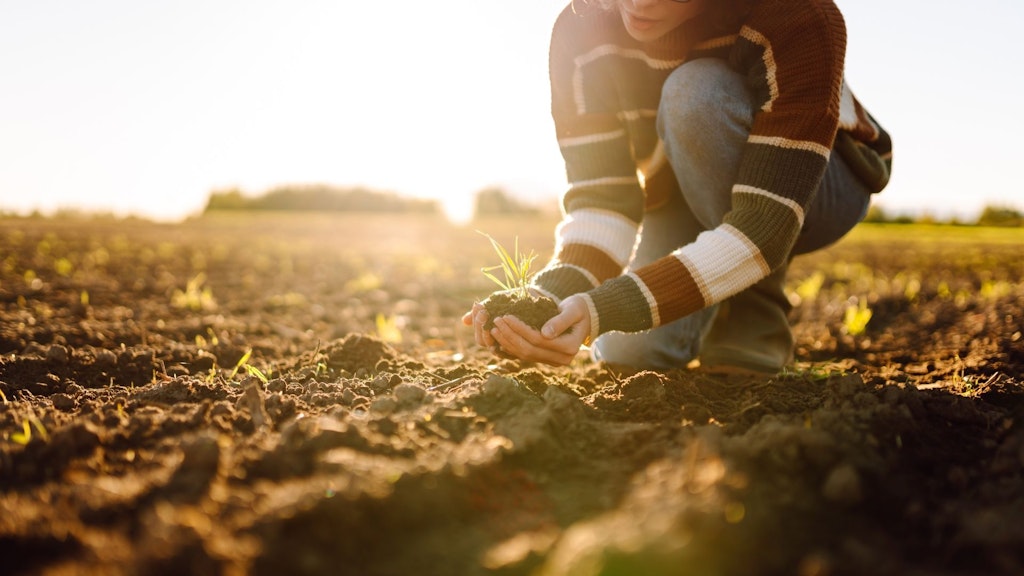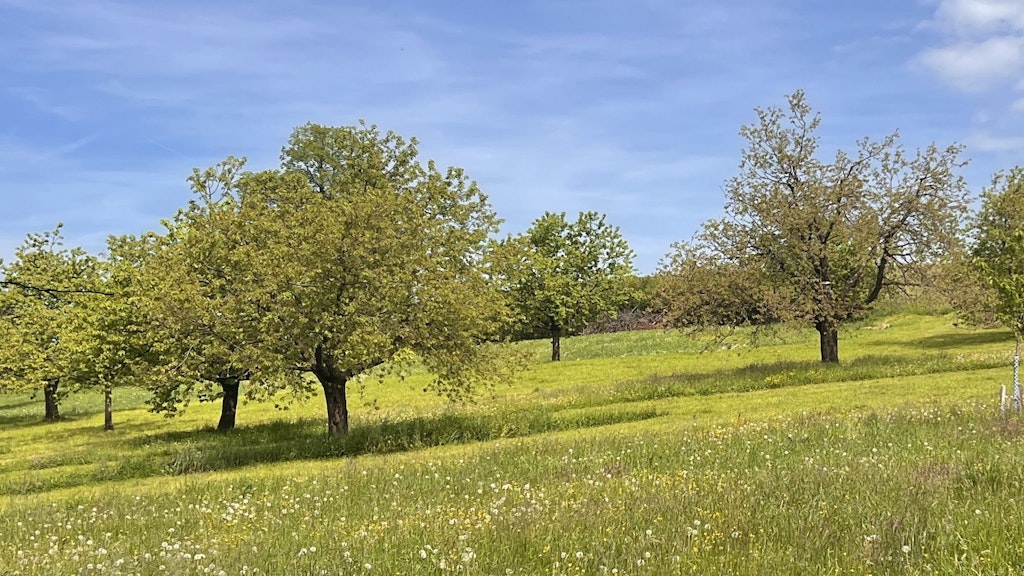Das BLW handelt jetzt für morgen
Wir setzen uns dafür ein, dass Bäuerinnen und Bauern nachhaltig und auf den Markt ausgerichtet produzieren. Eine multifunktionale, wertschöpfende Land- und Ernährungswirtschaft ist wichtig. Im Fokus des BLW steht zudem die Ernährungssicherheit für die Schweizer Bevölkerung.

News
Unsere Schwerpunkte

Agrarpolitik 2030+
Die Erarbeitung der nächsten Agrarpolitik wurde aufgegleist. Basierend auf einem Auftrag des Parlaments schafft das BLW die Grundlagen für die nächste Agrarpolitik bis 2030 (AP30+).

Direktzahlungen
Der Bund fördert die gemeinwirtschaftlichen Leistungen der Landwirtschaft mit Direktzahlungen.

Einfuhr
Für die Einfuhr von Agrarprodukten sind teilweise Bewilligungen erforderlich und Zollvorschriften einzuhalten. Anhand der Zolltarifnummer kann die Bewilligungsstelle eruiert und mögliche Zollkontingente für die Einfuhr eingesehen werden.

Nachhaltigkeit
Nachhaltigkeit bedeutet, die Bedürfnisse der Gegenwart zu befriedigen, ohne die Möglichkeiten zukünftiger Generationen einzuschränken. Dabei werden ökologische, soziale und ökonomische Ziele gleichermassen verfolgt.

Biodiversitätsbeiträge
Der Bund zahlt Beiträge für eine angepasste Nutzung der Flächen und fördert und erhält damit einheimische Arten und ihre Lebensräume in der Landwirtschaft.

Tierische Produkte
Tierische Produkte sind für die Schweizer Landwirtschaft sehr wichtig, sie generieren mehr als die Hälfte des landwirtschaftlichen Produktionswerts.
Medienmitteilungen
Agrarpolitik 2030+: Mehr Handlungsspielraum für die Landwirtschaft
Der Bundesrat hat am 18. Februar 2026 eine Aussprache zur künftigen Agrarpolitik ab 2030 geführt (AP30+). Mit der AP30+ sollen die Landwirtinnen und Landwirte administrativ weiter entlastet und ihr unternehmerischer Handlungsspielraum erweitert werden. Gleichzeitig sollen sie zusammen mit den Lebensmittelverarbeitern, dem Detailhandel und den Konsumentinnen und Konsumenten mehr Verantwortung für die Ernährungssicherheit und eine nachhaltige Land- und Ernährungswirtschaft übernehmen. Der Bundesrat hat das WBF beauftragt, bis zum dritten Quartal 2026 eine entsprechende Vorlage für die Vernehmlassung auszuarbeiten.
Bundesrat will Marktbeobachtung stärken
An seiner Sitzung vom 18. Februar 2026 hat der Bundesrat einen Bericht in Erfüllung von drei Postulaten zur Preistransparenz im Lebensmittelmarkt verabschiedet. Der Bericht unterstreicht die Bedeutung der Marktbeobachtung zur Erhöhung der Preistransparenz in der Landwirtschaft. Aus diesem Grund schlägt der Bundesrat vor, die Marktbeobachtung zu stärken. Die Umsetzung soll im Rahmen der Agrarpolitik ab 2030 (AP30+) erfolgen.
Bundesrat will Landwirtschaftsbetriebe administrativ entlasten und ihren Handlungsspielraum vergrössern
Der Bundesrat hat am 28. Januar 2026 die Vernehmlassung zum landwirtschaftlichen Verordnungspaket 2026 eröffnet. Die ab dem 1. Januar 2027 geltenden Verordnungsanpassungen sollen die Betriebe administrativ entlasten. So schlägt der Bundesrat eine Reihe von Massnahmen zur Vereinfachung der Agrarpolitik vor, insbesondere im Bereich der Direktzahlungen.
Kontakt und Standort
Schwarzenburgstrasse 165
Schweiz - 3003 Bern

